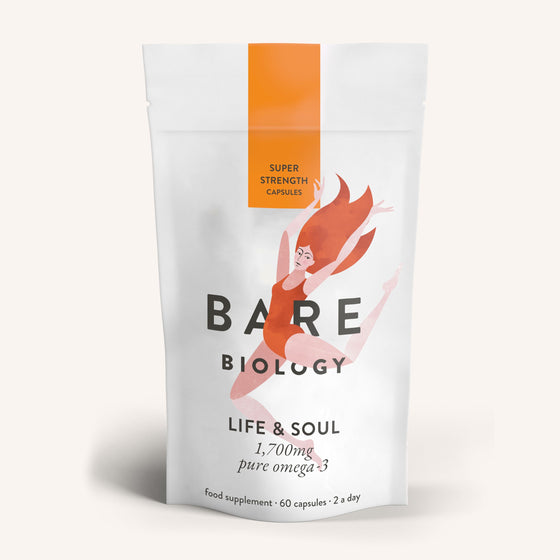Occupational Burnout is a newly recognised syndrome of work-related burnout that can have a substantial impact on mental and physical health. In this article, Max Lowery explores the scientifically proven ways in which you can combat Occupational Burnout and find balance living and working in a large city. Over to Max...
Why am I talking about this?
I’m Max Lowery. I started my working life as a stockbroker in the City of London and I experienced first hand the effects of Occupational Burnout. This caused me to drink heavily and abuse substances.
It was a state of emotional, mental and physical distress that permeated through every aspect of my life and lasted for around four years. Eventually I quit my job in finance and went travelling around South America which gave me a new perspective on life and what it felt like to be in optimal physical and mental health.
I now host fitness and adventure retreats from a remote farm in the Pyrenees.I specialise in creating immersive experiences for people suffering from the symptoms of burnout.

What is Occupational Burnout?
According to the World Health Organisation (WHO), Occupational Burnout is a syndrome resulting from chronic work-related stress, with symptoms characterised by "feelings of energy depletion or exhaustion; increased mental distance from one's job, or feelings of negativism or cynicism related to one's job; and reduced professional efficacy.”
Occupational Burnout is a growing concern in the global workforce. Each year, over $300 billion in profits is lost due to employees feeling overworked, drained of energy and unable to put their best foot forward in the workplace each day. Studies covering Asia, America and the Middle East have confirmed that 60% of public sector and 40% of private sector employees reported experiencing high levels of burnout.
It is important to note that stress and burnout are not the same. Research has shown that a certain amount of stress is healthy and can be used as a motivator to meet goals. Stress can lead to burnout when an individual puts forth a disproportionate amount of effort without taking in what is necessary to regain balance from that stress.
What can be done to combat Occupational Burnout?
Science says that exercise and spending time outside are the best ways to combat Occupational Burnout, or even better, combine the two on a fitness or adventure retreat!
Stress reduction through contact with nature has been well established; there is even evidence that using hiking as an additional therapy can help people with severe depression feel less hopeless, depressed and suicidal.
Humans have long intuited that being in nature is good for the mind and body. From indigenous adolescents completing rites of passage in the wild, to modern East Asian cultures taking "forest baths," many have looked to nature as a place for healing and personal growth.
"Forest Bathing" is now being prescribed by doctors in Scandinavian countries and Japan.The Duchess of Cambridge wants to see it offered as a treatment on the NHS.
Recently, the first study to look at the "minimum dose" of nature time needed to illicit the positive benefits were carried out.It summarised that spending 120 minutes per week in nature is enough to experience the many health benefits.I see many people living in cities who put time, effort and money into training regimes and healthy eating and yet neglect to put that same effort into escaping it all and reconnecting with nature.
However, there is a shift happening.
People who are interested in health and fitness and would usually go to a spa to relax and destress are now opting for more immersive activities, such as hiking and adventure retreats.

Additionally, those who are bored with the typical "boozy" beach holiday are now opting for something that will benefit their mind, body and soul, and not leave them needing another holiday to recover from all the partying!
Many people are now incorporating more nature time into their day and routine. Those who want to experience a real adventure and return to work with a fresh perspective and a renewed focus are now opting for retreats.
You don't have to quit your job and live on a remote farm in the French Pyrenees to prevent the symptoms of Occupational Burnout. However, you do need to put just as much effort into looking after your mental health as you do your physical health. Removing yourself entirely from the city and working environment, and learning to reconnect with nature regularly could be one of the most profound actions you take towards achieving optimal physical and mental health.
If you would like to come on an adventure that could have a fundamental change on the way you approach life, come and join me on a Connect Retreat!






